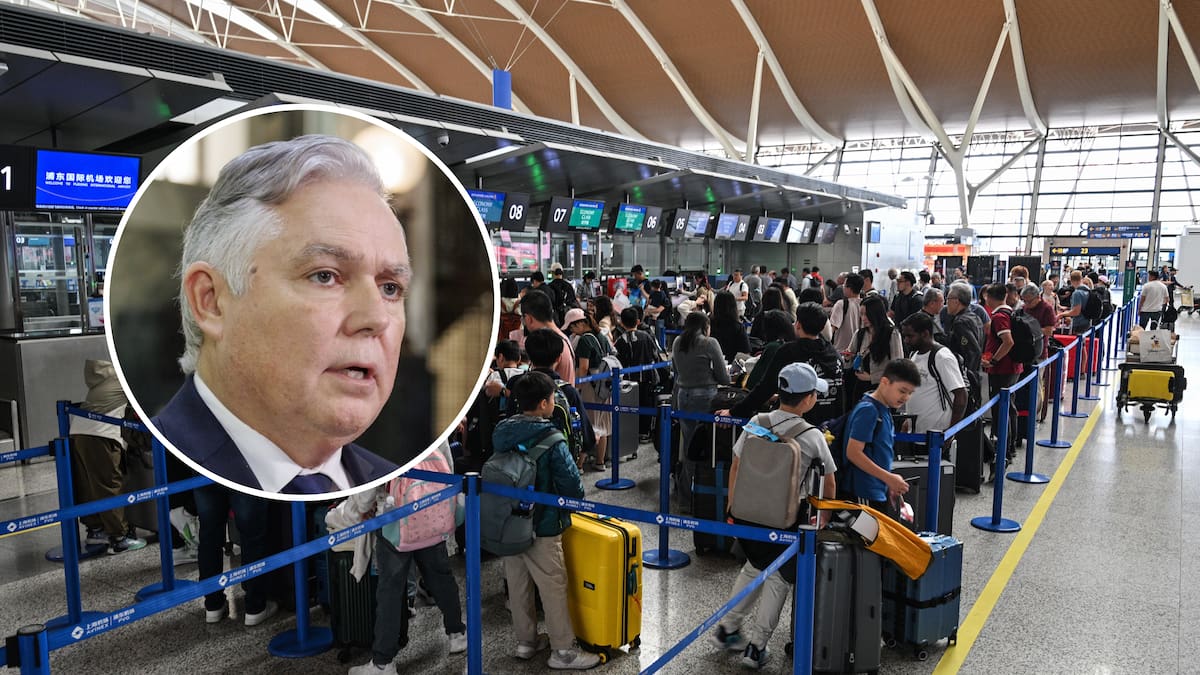“That was referred to NZTA and police,” Mitchell said.
But he had not been contacted about the person alleged to be running the more recent alleged airline ticket scam.
“We know migrant and ethnic communities are often singled out through language-specific platforms, and through the trust people place in closed community groups,” he said.
Scammers also targeted other vulnerable demographics, such as older people, who might be less familiar with rapidly changing digital platforms, Mitchell said.
Those vulnerable groups might also rely heavily on family and community networks for information.
“These factors make these scams even more damaging and harder to detect early.”
He urged people who were uncertain about the authenticity of goods or services to seek advice from the National Cyber Security Centre, Netsafe, or the NZ Consumer Protection website.
“They can also talk it over with someone they trust, contact their local police station or make use of the advisory services provided by agencies such as Netsafe.”
Anyone who believed they had been scammed could report it immediately to police.
The Travel Agents’ Association of New Zealand (TAANZ) urged people to be vigilant when booking holidays.
It said booking scams, fake accommodation listings, and AI-generated misinformation and payment fraud were on the rise.
In some cases, travellers arrived overseas to find their accommodation did not exist.
“While helpful for inspiration, AI tools can produce outdated, fabricated or incomplete travel information.
“And crucially, AI cannot help you at midnight when a cancellation, weather event or airline disruption requires immediate rebooking.”
It said booking with a New Zealand-based entity should provide stronger consumer protection and clearer legal pathways for resolving disputes.
Airline ticket scams included false “consolidator deals”, which involved wholesalers buying tickets then supposedly selling them to agents at discounts.
The association said other scams involved unlicensed agents taking money for tickets that were never issued.
Meanwhile, Associate Justice Minister Nicole McKee said yesterday that an exemption to anti-money laundering laws now let several banks share information to prevent fraud and scams.
“Anti–money laundering rules have made it too hard for banks to share information about known fraud or scam activity, including ‘mule’ accounts and associated details.
“This red tape relief means banks will be able to act faster, work together more effectively, and in many cases freeze scam transfers before the money disappears overseas for good.”
John Weekes is a business journalist covering aviation. He has previously covered consumer affairs, crime, politics and courts.
Stay ahead with the latest market moves, corporate updates, and economic insights by subscribing to our Business newsletter – your essential weekly round-up of all the business news you need.

